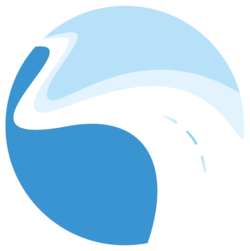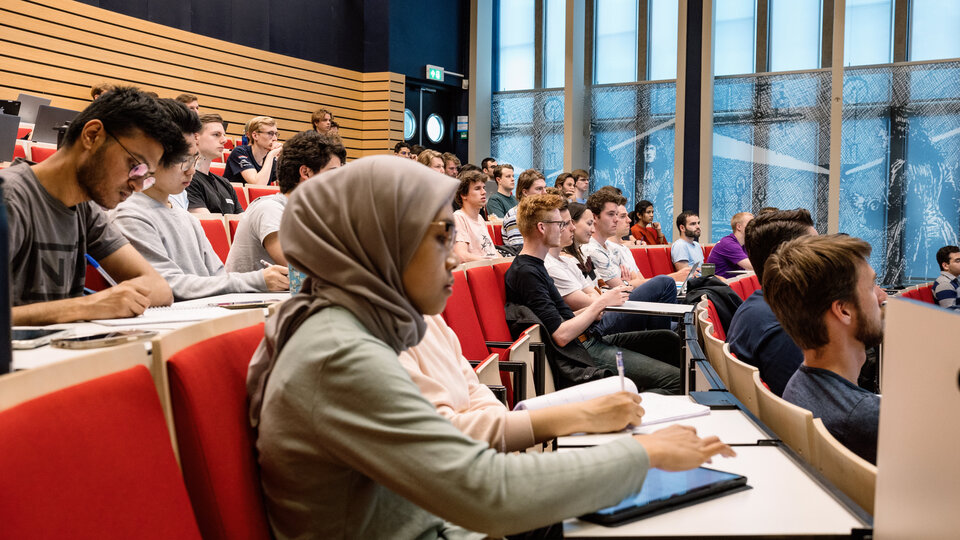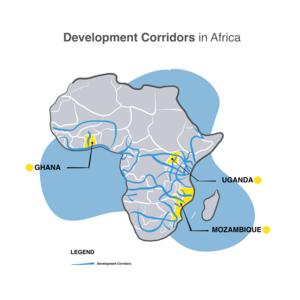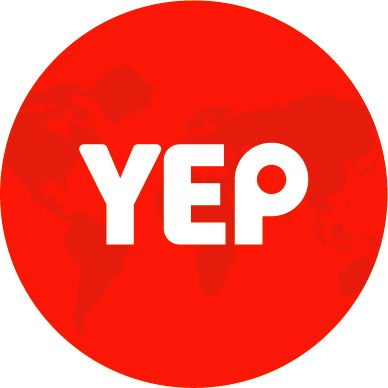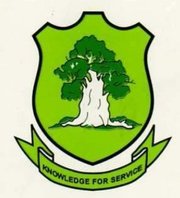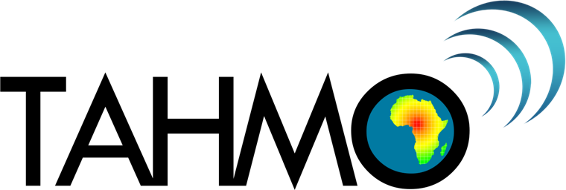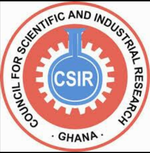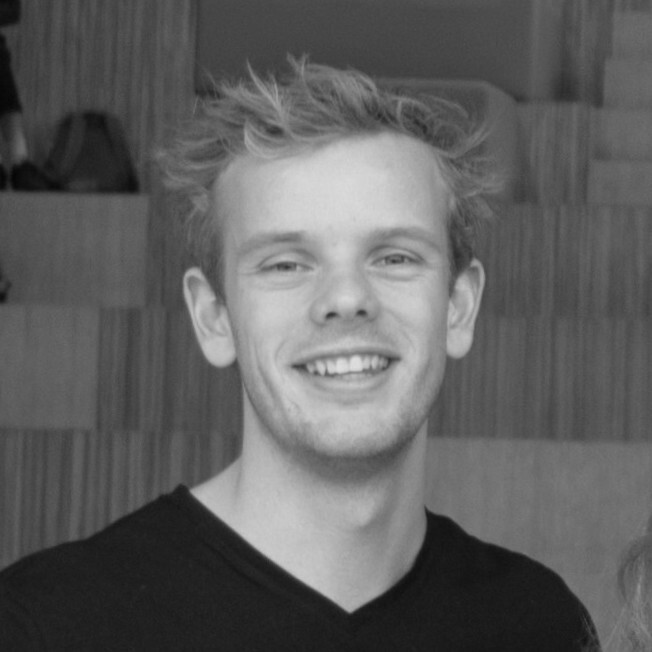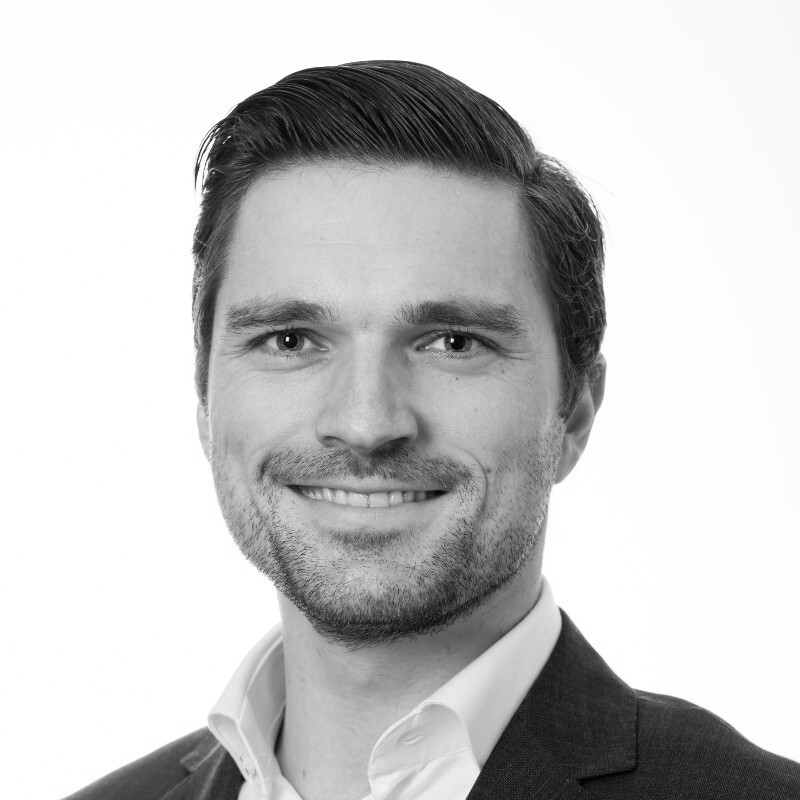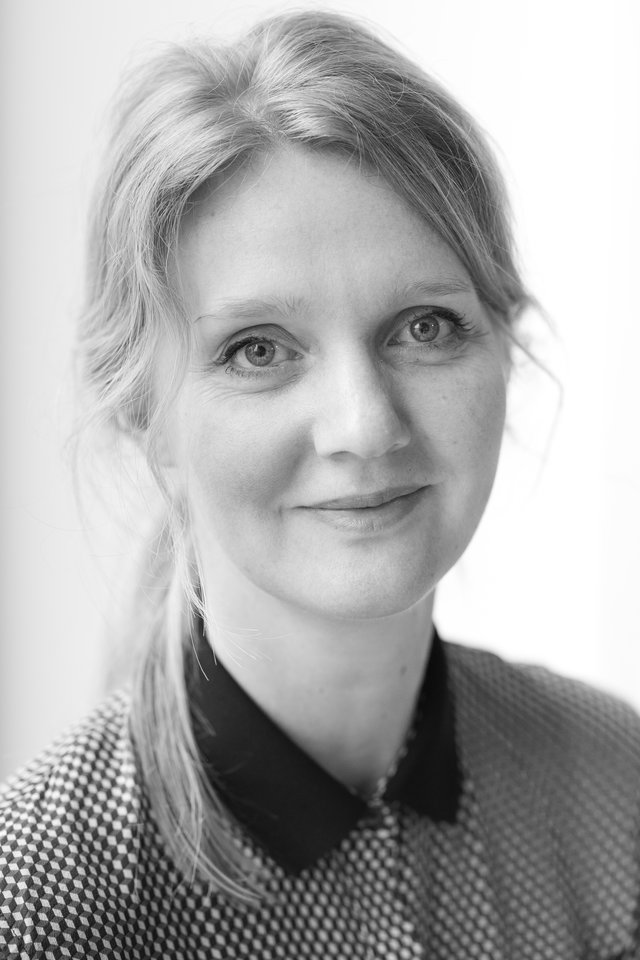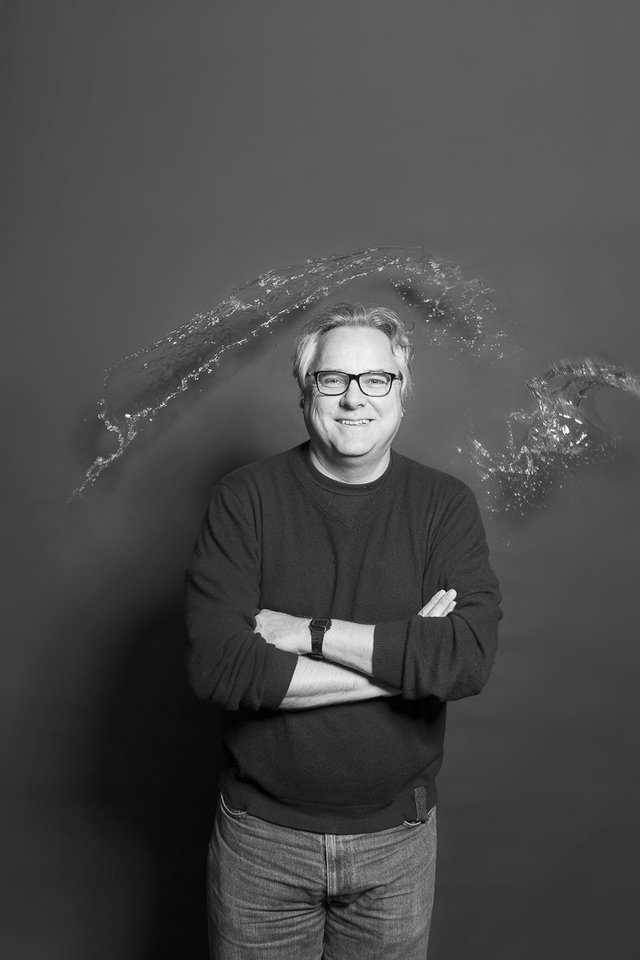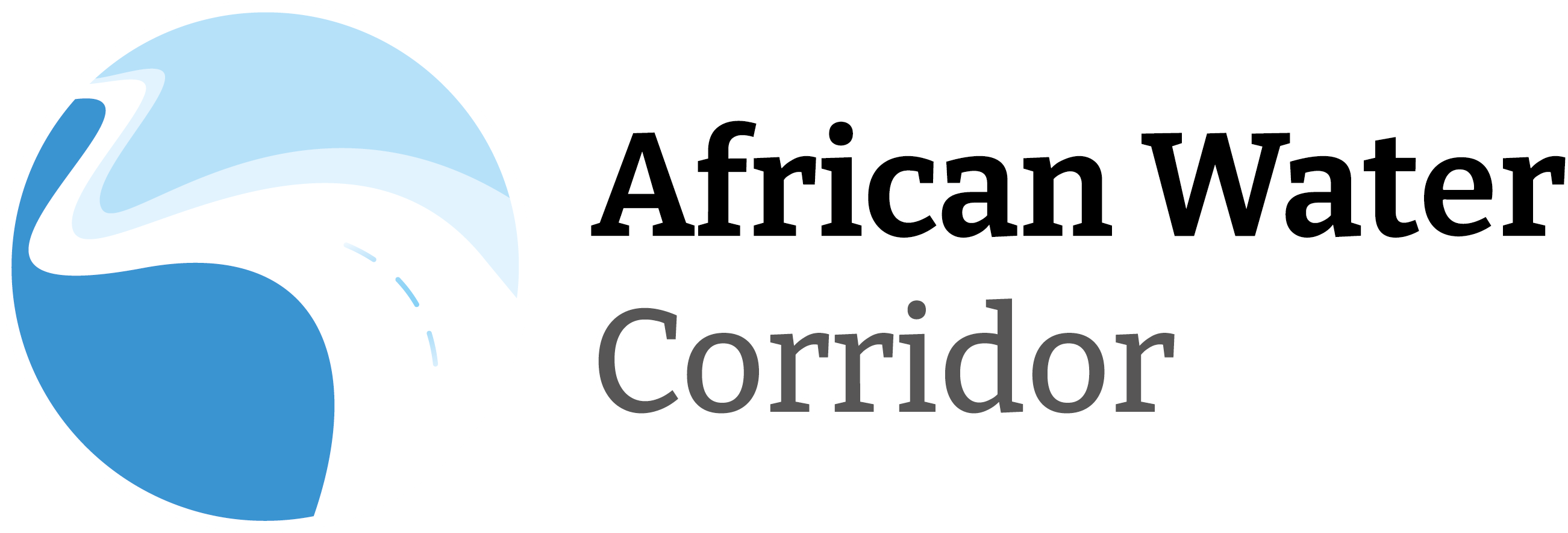
Our Mission
Our mission is to develop Water Corridors in Sub-Saharan Africa, together with local and international partners. These corridors are carriers for sustainable development through co-creation of innovative, open-source technologies and sustainable implementation strategies. We want to ensure that water will no longer be a limiting factor for development of human and natural resources in Sub-Saharan Africa.
About
Sub-Saharan Africa is a particularly vulnerable region to the negative effects of climate change. These effects are most strongly felt through the global water cycle in the form of changing precipitation patterns, intensity and extremes of weather; widespread melting of snow and ice; increasing atmospheric water vapour; increasing evaporation; and changes in soil moisture and runoff. The climate effects on the supply, quality and distribution of water has innumerable knock-on effects on many spheres of human endeavour such as food production, industry, energy, economic growth and social development. Water is the thread that ties all the sustainable development goals together. Within this changing water landscape 33 development corridors (large transport infrastructure projects) have been built and or are planned to facilitate social and economic growth across Sub-Saharan Africa. The corridors span 38 countries and contain transport infrastructure (road networks, railways, pipelines and ports) over 53000 kms long. These corridors have the potential to bring economic opportunity, growth and social development to marginalized communities and regions. However, the benefits of development corridors create challenges for water and can contribute to increasing water stress by increasing demand through urbanization, economic growth and population growth as well as decreasing supply by polluting existing water sources, changing land use patterns and depleting existing water sources.
-
Traditionally, water related projects in Sub-Saharan Africa have sought to address very specific problems. For example, if a farmer does not have access to sufficient water for his/her crops a well can be dug and a pump installed. This approach does not take into account the complex linkages that water has with food, energy, climate and human societies which often results in unintended negative consequences. We want to pioneer a new approach. Instead of asking how can we fix an individual, specific water issue we ask how can we use water as an integrated instrument to achieve a better society as a whole? This approach may seem obvious to us as water managers yet investing in water infrastructure and planning for better water management is seldom incorporated into the development corridors or is seen as an entirely separate issue. This thinking needs to change.
How can TU Delft pioneer a new approach to sustainable water management and align with the objectives of development corridors to ensure that economic growth and human development in Sub-Saharan Africa is not hampered by lack of access to safe, inclusive and affordable water, whilst concurrently addressing climate change adaption and mitigation for water in support of the Sustainable Development Goals? We argue that water corridors should be created that support the Sub-Saharan Africa development corridors. A water corridor is not necessarily a physical pipeline. Investments and development of water infrastructure will necessarily be part of the work that a water corridor does, but it is not what a water corridor is. Rather, the African Water Corridor is a carrier for sustainable development and the spread of research, innovative technologies, policies, practices, knowledge and businesses to ensure that water is accessible and affordable to all.
Our Projects
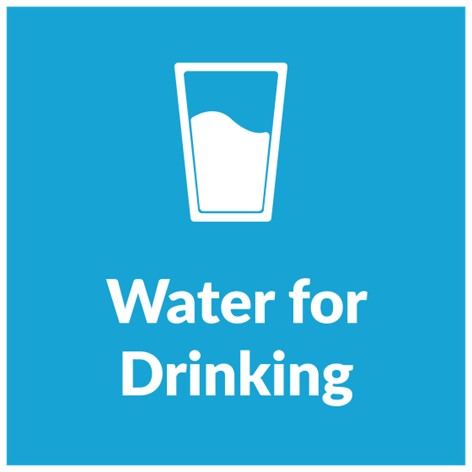
Electro-coagulation has the potential to be a robust alternative to chemical coagulation in current drinking water practices. It shows both a lower CO2 footprint and a need for less raw materials and transport. We are currently testing the potential of electro-coagulation in Ghana.
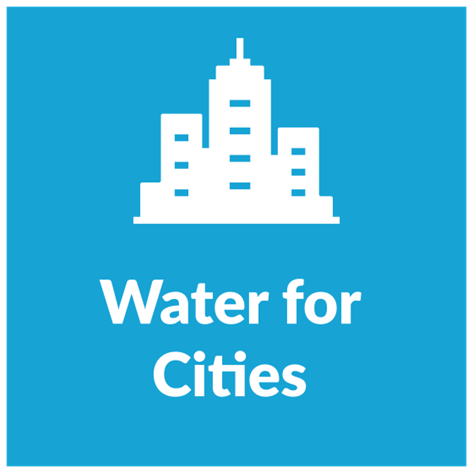
Groundwater is a safe and reliable source of water, leading to an increasing amount of dug wells in Sub-Sahara African cities. at the same time these cities are amongst the most rapidly urbanising in the world, leading to an enormous increase in less permeable surface, which drastically reduces natural infiltration of rainwater. By combining groundwater monitoring with Managed Aquifer Recharge, we try to make groundwater use more sustainable.
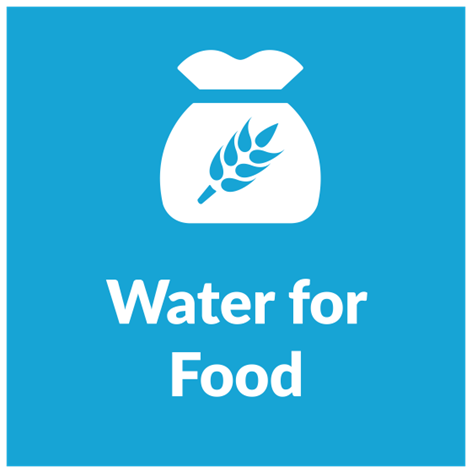
Sub-Saharan Africa is dealing with unpredictable and erratic rainfall, while the vast majority of smallholder farmers in rainfed and therefore solely depends on rain. By applying different practices, such as smart irrigation, rainwater harvesting and a better prediction of the onset of the rainy season we try to increase food security.
Our Focus Areas
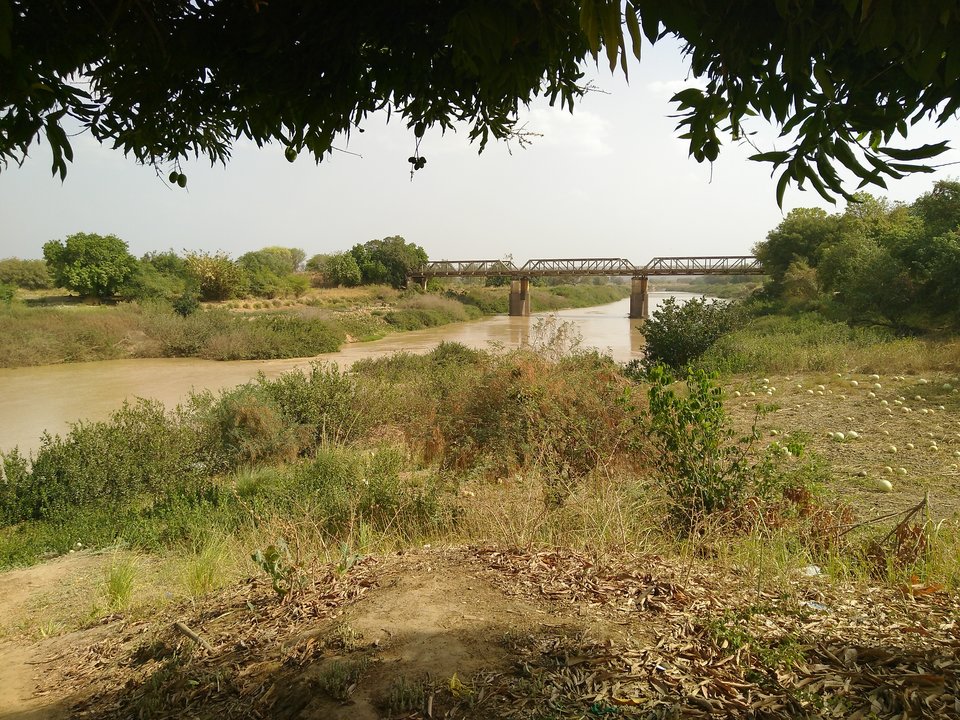
Tamalé, Ghana | Accra / Tema-Ouagadougou Corridor
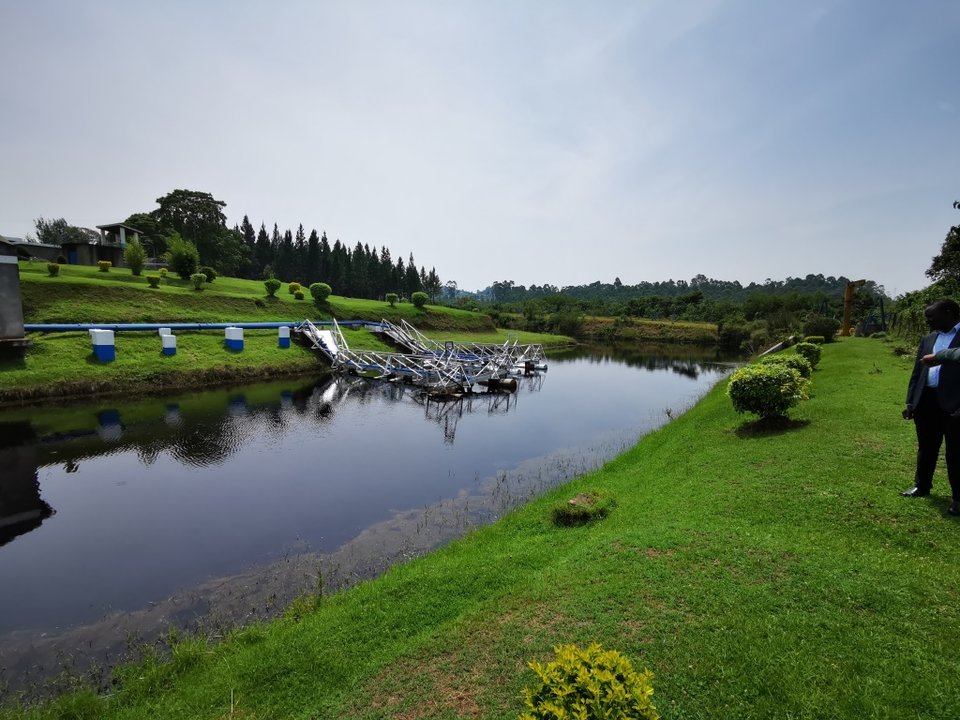
Bushenyi, Uganda | Northern Corridor
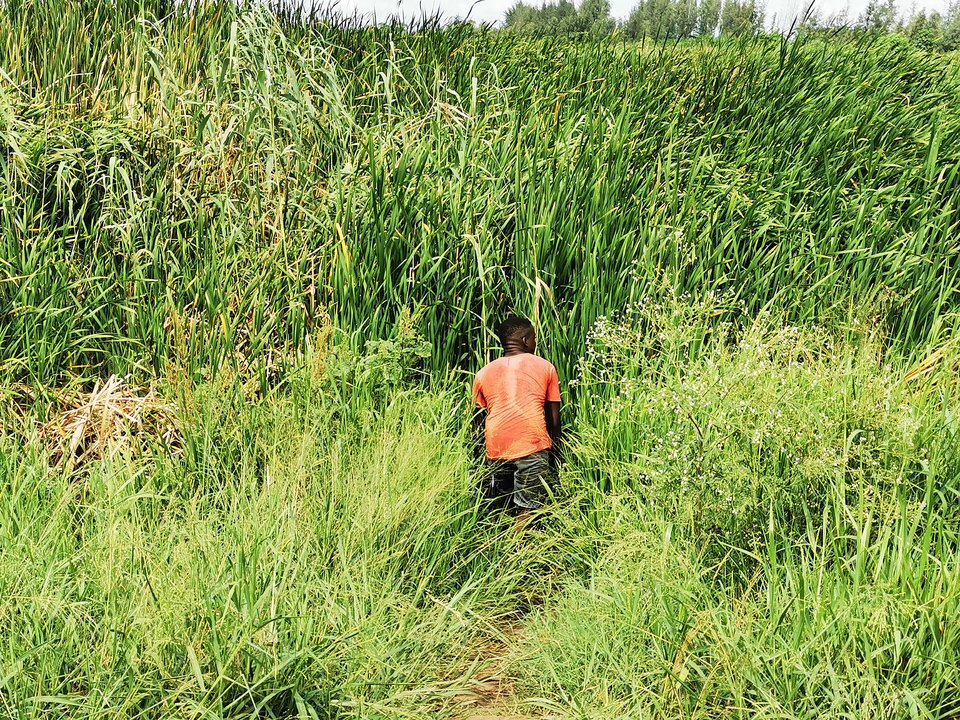
Moamba, Mozambique | Maputo Development Corridor
As a first step, three Sub-Saharan development corridors have been selected: The Maputo Corridor (Mozambique), Northern Corridor (Uganda) and Tema-Ouagadougou Corridor (Ghana). These locations were selected due to the strength of our networks there and our long history of working in these areas as well as the expected urbanisation and growth that will occur due to the development corridors.
The approach is research and technology development led, with a focus on multi-sectoral and multi-disciplinary approaches and in each location aims to grasp, plug and seal water issues along the corridors:
- Grasp: Assess the water landscape and stakeholders through data enrichment in a data poor environment with innovative sensing methods (citizen science, novel/robust sensors, remote sensing) to quickly map the gap between (future) water demands and available resources.
- Plug: Research, develop and deploy innovative technologies, strategies and policies through co-creation and action research projects to meet current and future water demands; by cleverly utilising both locally and regionally available resources (including “new” sources, like wastewater, sea water and brackish groundwater)
- Seal: Develop – with engineering partners – corridor wide infrastructure blueprints and strategies to secure water for coming generations by spreading research, innovative technologies, policies, practices, knowledge and businesses across the corridor and beyond.
This is carried out within the framework of building strong working relationships with (inter)national partners and investing in local knowledge capacity building as well as striving to produce technologies, strategies and policies that are eventually self-sufficient and locally owned.
Our Values
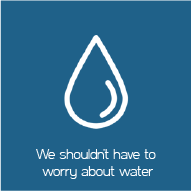
Water is a basic human right and should be available to all. The less we have to worry about the availability, quality and cost of water the better human lives and human societies become.
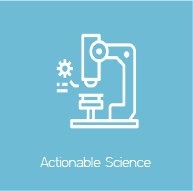
Multidisciplinary science, technology and innovation are at the core of our work. We believe in implementation, testing our ideas in the field and that low resources should not necessarily mean low tech.

We do not have a monopoly on expertise or knowledge. We are very good at what we do but also recognize that we do not know all the answers. We seek to learn voraciously from diverse fields, professions and peoples. In kind we offer to teach and share our knowledge, skills and expertise to the best of our ability.

Perfect plans do not survive implementation. The best way to learn and make progress is by doing. We believe in action and having the courage to try out new ideas and learn from our mistakes and failures.
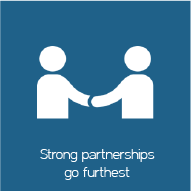
Building and fostering strong interdisciplinary relationships with a wide variety of stakeholders will make us stronger and allow us to go the furthest. We know our strengths and weaknesses and seek to build partnerships that are greater than the sum of their parts.
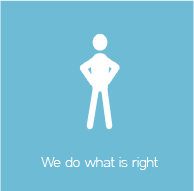
We act transparently, openly and honestly. We do what is right not what is convenient.
Our Network
Currently we work with academic institutions, private sector and public sector businesses and organisations both local and international. We are always willing to work with organisations that align with our goals and espouse our values. Our network includes:
Our/TU Delft expertise
TU Delft has long been known for excellence in Water Resources and Water Treatment research which is reflected by a third position in Shanghai’s Global Ranking of Universities worldwide. Our research addresses very relevant worldwide issues such as water and sanitation for the globe's cities, mitigation of floods and droughts, and the timely delivery of water of sufficient quality for society's and nature's needs. Our staff members carry out research in both Europe and the Global South, fostering long standing links with Africa. In 2018, an external research assessment committee rated the department of Water Management as ‘excellent’ (meaning internationally leading in its field of expertise) on all three topics reviewed, being quality of research, viability and societal relevance. According to the committee the department is particularly strong in maintaining a long-term view to fundamental excellence, asking the hard-scientific questions of societal importance. Researchers in the department like to take the “path less travelled” in research and education to produce ground-breaking and original advances in understanding and solving complex water engineering challenges. This is well reflected in outstanding publications of international impact, leadership in European and International research projects, and a breeding ground for first-rate PhD students. The department also contributes to open access education through edx.org by offering MOOCs on topics such as drinking water treatment, sewerage treatment and water and climate. Water Management is pivotal to the long-term success of TU Delft with a vibrant history and a promising future. The AWC programme is led by Prof. dr. ir. Doris van Halem, Prof. dr. ir. Nick van de Giesen and Prof. dr. ir. Luuk Rietveld.
Our Team
Contact Us
Want to know more about the African Water Corridor? Do you wish to work with us either as a researcher or collaborator? Reach out to us by clicking the button below, or e-mail us at waterforimpact@tudelft.nl
Contact Us
